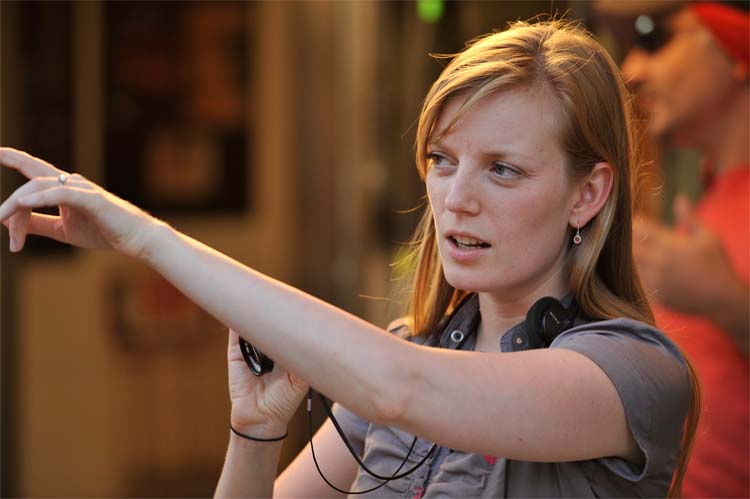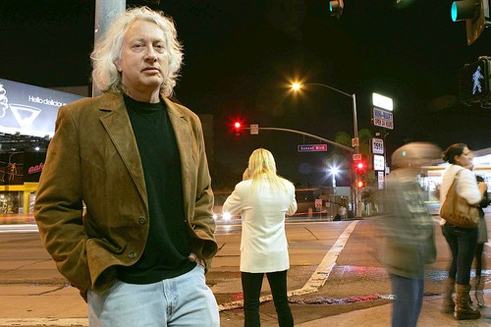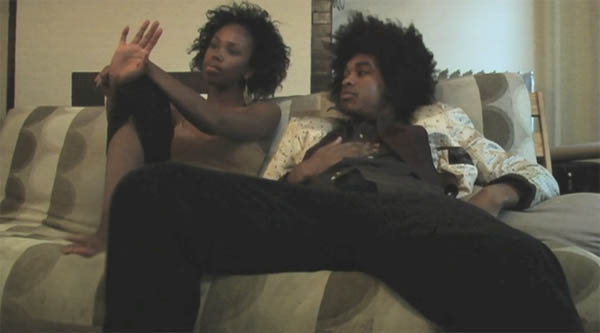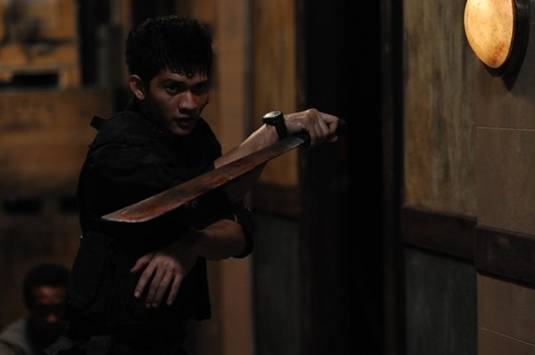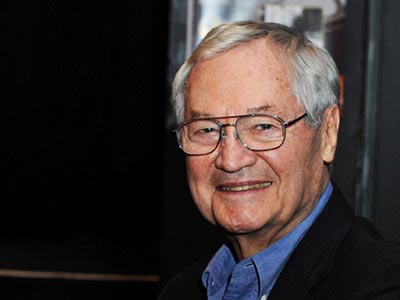Sarah Polley appeared on The Bat Segundo Show #464. She is most recently the writer and director of Take This Waltz. The film opens in select theaters on June 29, 2012.
Listen: Play in new window | Download
Condition of Mr. Segundo: Wondering if the chicken cookbook or the adulterous egg came first.
Guest: Sarah Polley
Subjects Discussed: Similarities between Away from Her and Take This Waltz, the need for daily sweeping romance, whether film can offer corrective responses to romantic fallacies, a culture becoming increasingly uncomfortable with emptiness, holding onto transgressive moments in cinematic narrative until the last possible minute, designing a house that correctly reflects the socioeconomic status of characters, gentrification and other developments in Toronto, Kubrick’s complaints about Woody Allen, the line between the real and the fantastical in Take This Waltz, 360 degree shots, circular motifs, writing scenes out of order, why Polley’s male characters react to very emotional developments with total calmness, Polley’s father, subconscious artistic choices rooted in childhood, anger and maturity, cinematic histrionics, Polley’s views on marriage, relationships depicted by young filmmakers, living with flawed human beings, why Polley isn’t doing so much acting these days, becoming braver, avoiding the same tricks, numerous visual metaphors in Take This Waltz, “Video Killed the Radio Star” as adulterous metaphor, words as betrayal, using heavyweight dramatic and comic actors, and Seth Rogen and Sarah Silverman.
EXCERPT FROM SHOW:
Correspondent: There is a line that Fiona says in the car in Away from Her. “I think people are too demanding. People want to be in love every single day. What a liability.” So Take This Waltz almost carries on with the extension of this idea, of the need for daily sweeping romance. But this film, it’s almost the complete opposite of a movie like Brief Encounter, where you suggest in this case that Margot’s adulterous desires are selfish and childish. The “I wuv you” at the very end of the movie. So I’m wondering. Do you see your two films as writer and director as corrective responses to this notion of romance? And how do you feel independent cinema is doing in depicting this more pernicious side of adulterous desires? Just to start out here.
Polley: Wow. That was amazing! I do feel like Away from Her and Take This Waltz are companion pieces to a certain extent. Even though they’re completely different films. I do think they are talking about the same thing in very different ways. I think that the line that Fiona says — “People want to be in love every single day. What a liability. People are too demanding.” — I do actually feel that. I feel like we have unrealistic expectations of our relationships. That they’re going to fulfill us at every moment and, if they don’t, there must be something wrong with them and we better go out and solve that. But I think that that’s a cultural thing and that we have that notion in almost every aspect of our lives. I think that we’re a culture that’s incredibly uncomfortable with emptiness, with feeling like life has a gap, with feeling like things aren’t perfect. And so we feel that if there’s something missing, that automatically means that there’s something wrong and we need to go out and fix it and we just need to make the right move in our lives and everything will somehow feel complete. And I think we constantly get shocked and blindsided by the fact that — I think that feeling of something new and missing and that emptiness does kind of follow us around a little bit. Or at least for periods of time. So, yeah, it’s funny that you brought up that line. Because I never really thought of the connection between that line and Take This Waltz. But I do actually think that Take This Waltz is an extension of that a little bit. And at the same time, I think I probably started writing the script a lot more judgmentally of the main character Margot than I ended up. I ended up feeling at the end of making the film that I empathized with all three characters. And that there were no heroes or villains.
Correspondent: Interesting.
Polley: While some of her choices seem immature or childish or self-involved, I think that enough people are connecting to her as a character and feeling quite defensive of her that it’s making me see her a lot more sympathetically as well.
Correspondent: It’s interesting that in both movies you keep that transgressive moment — and I don’t want to spoil either film — to the last possible minute. I think it’s in the last ten minutes of the first film and, in this, it’s perhaps the last twenty, twenty-five. And I’m wondering about sustaining that need to transgress from this seemingly stable relationship. Of some years too, by the way. It’s interesting that both marriages — the first is 44 years, the second is four or five years. So I’m wondering. Are you more interested in that period before one transgresses? Within this way of looking at these long-term relationships?
Polley: I think it’s the most cinematic part of a relationship like that. It’s before something actually happens. I think, in a way, all the deliciousness of that kind of relationship happens before anything happens. Also, it was important to me in this film that Margot not be someone who takes this lightly. Like she is somebody who deeply loves her husband. She is extremely tempted and brought to life by this other person. But she’s not someone who’s easily going to betray her husband or leave her husband. It’s really difficult for her. And, in fact, that makes that other situation even more tempting and even more alive.
Correspondent: I also wanted to ask you about the house, which intrigued me in a number of ways. First of all, we see the kitchen obsession that was in the first one repeats in this one, which I thought was actually quite interesting. But there is this interesting notion of Margot almost seeking the real space while also seeking the fantastical space. Because you see this moment where they’re both watching TV in this cramped office, which as a freelancer I can totally relate to. In fact, the way we watch TV at our house is actually quite similar to that. But you also then see the scale of where she goes open up over the course of the film. It starts with the pool. And then later on, we have the loft. And I’m wondering. Because their space is not exactly — I buy certain rooms. Yes, that’s exactly how a struggling freelance writer, or even a successful freelance writer, would probably have that kind of space. But on the other hand, well, that kitchen is rather large even if you are a moderately successful cookbook author. So I’m curious about how you designed this space with this tension between the real and the phantasmagorical, or the fantastical in mind.
Polley: So this is an interesting question. So Downtown Toronto, up until about ten or fifteen years ago in the area where these characters live.
Correspondent: Kensington Market, right? It’s sort of there.
Polley: Sort of Little Portugal, Italy. Ten years ago, when Margot and Lou would have bought that house, when it was still primarily a community of families. Generations of families would have actually been affordable with a considerable amount of debt to two fairly bohemian people. I have friends who bought houses then with absolutely no money, with a loan, and didn’t do renovations for years and years and years. And it fell apart for a little bit. But that would realistically be a house they could have bought. There’s no way those two characters could buy that house now. If the film was taking place ten years from now, there’s no way you would believe it.
Correspondent: Comparable to Brooklyn actually.
Polley: And the truth is they probably, realistically at this point in two years’ time, would have figured out the value of their house and sold it and made a lot of money. (laughs) But I think culturally it’s a weird thing in Toronto. Where there have been traditionally these downtown neighborhoods right in the urban core with pretty lovely, maybe rundown Victorian/Edwardian houses that were fairly affordable. That’s changed and it’s changing and that’s really sad. Because it means the demographics of who lives downtown is really changing as well.
Correspondent: So you have given this some thought. (laughs)
Polley: I have given it some thought. Because it is something that I noticed doesn’t quite translate. Like in every other country, people are like, “Those people could never afford that house.” And I want to go, “Yeah. Right now. But what was amazing ten years ago in Toronto was people like them could.”
Correspondent: It’s like Kubrick sneering at Woody Allen, saying, “There’s no way these people could live in these spacious apartments in New York.” Or a similar thing.
Polley: Exactly. Then it does get fantastical. To be fair, I feel that when we go to where they live in the end in this, in this giant loft space, then I think we do take it into the realm of fantasy a little bit. Although I feel like the way we designed that was as though it was like an abandoned loft on top of a building. Which again, I think those spaces were much more readily available ten years ago than they are now.
Correspondent: Well, this leads me to ask. The ending — and it’s hard to discuss without giving it away, so I’m going to do my best. But that notion of the fantastical that enters into it. When I watched this, I thought to myself, because I was so — God, you tested my morals. I was like, “Don’t do it!” I’m not going to say what happens. But when she is in that loft. And thanks for the equal opportunity, in terms of what happened.
Polley: (laughs)
Correspondent: I appreciated that little touch. But I thought that the movie had immediately transformed into a fantasy. And then it goes back into the real. And I’m wondering if at any point during the devising of this story if you actually did think that it was going to more of this whimsy into the fantasy. Or were you forced to combat certain feelings, the impulse to turn it into a fantasy at any point?
Polley: No. But I did want that sequence you’re talking about, where it’s…
Correspondent: Yes, the circular…
Polley: It’s a 360 degree shot that shows the progression of a sexual relationship in one shot. And there is something fantastical about that. And I didn’t shy away from that. There’s something contrived about it. There’s something strange and fantastical about it. And it is to show the passing of time in one long shot. And that was one of the first images I ever had for the film. So in a way, it’s out of place in the film. It all of a sudden breaks with the tone and the reality of the film. But I felt somehow that I could get away with it. And people disagree on that. Some people think I did get away with it. And some people didn’t.
Correspondent: I appreciated being tested.
